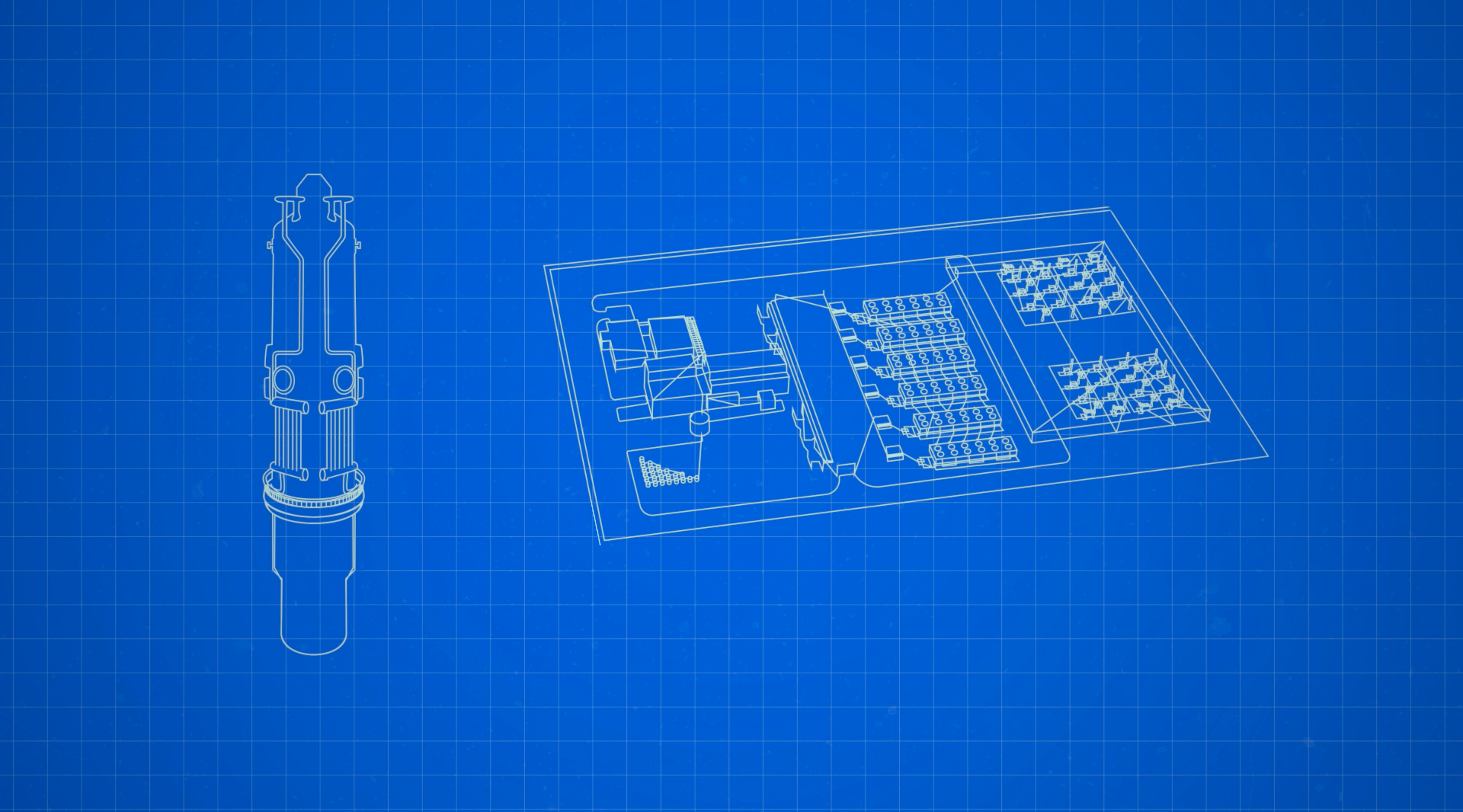Small modular reactors are still too expensive, too slow, and too risky

Key Takeaways:
Small modular reactors still look to be too expensive, too slow to build, and too risky to play a significant role in transitioning from fossil fuels in the coming 10-15 years.
Investment in SMRs will take resources away from carbon-free and lower-cost renewable technologies that are available today and can push the transition from fossil fuels forward significantly in the coming 10 years.
Experience with operating and proposed SMRs shows that the reactors will continue to cost far more and take much longer to build than promised by proponents.
Regulators, utilities, investors and government officials should embrace the reality that renewables, not SMRs, are the near-term solution to the energy transition.
Despite proponent and industry claims, small modular reactors (SMRs) are still too expensive, too slow to build, and too risky to play a significant role in transitioning away from fossil fuels, according to the latest Institute for Energy Economics and Financial Analysis (IEEFA) report.
For years proponents of SMRs have claimed that the price and construction time of these power plants will be quicker and cheaper than previous nuclear projects. The new IEEFA report finds that the industry is still plagued by cost overruns and schedule delays.
“A key argument from SMR proponents is that the new reactors will be economically competitive,” said David Schlissel, IEEFA director of resource planning analysis and co-author of the report. “But the on-the-ground experience with the initial SMRs that have been built or that are currently under construction shows that this simply is not true.”
The findings of the report should serve as a cautionary flag for all energy industry participants. In particular, the report recommends that:
- Regulators who will be asked to approve utility or developer-backed SMR proposals should craft restrictions to prevent delays and cost increases from being pushed onto ratepayers.
- Utilities that are considering SMRs should be required to compare the technology’s uncertain costs and completion dates with the known costs and construction timetables of renewable alternatives. Utilities that still opt for the SMR option should be required to put shareholder funds at risk if costs and construction times exceed utility estimates.
- Investors and bankers weighing any SMR proposal should carefully conduct their due diligence. Things will go wrong, imperiling the chances for full recovery of any invested funds.
- State and federal governments should require that estimated SMR construction costs and schedules be publicly available so that utility ratepayers, taxpayers and investors are better able to assess the magnitude of the SMR-related financial risks that they may be forced to bear.
- Finally, it is vital that this debate consider the opportunity costs associated with the SMR push. The dollars invested in SMRs will not be available for use in building out a wind, solar and battery storage resource base. These carbon-free and lower-cost technologies are available today and can push the transition from fossil fuels forward significantly in the coming 10 years—years when SMRs will still be looking for licensing approval and construction funding.
“The comparison between building new SMRs and building renewable energy couldn’t be clearer,” said Dennis Wamsted, IEEFA energy analyst and co-author of the report. “Regulators, utilities, investors and government officials should acknowledge this and embrace the available reality: Renewables are the near-term solution.”
IEEFA has previously written about the delays and cost overruns in the SMR industry. Today’s report reinforces these findings with even more evidence about the costly and risky nature of SMRs.














